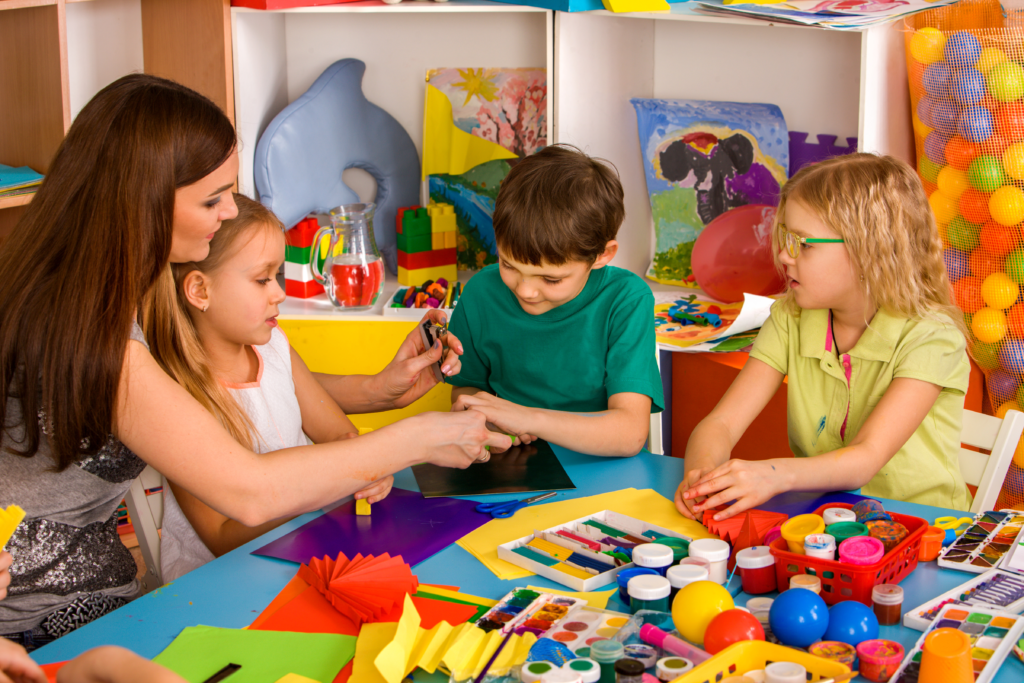Empathy is the social-emotional foundation for learning
In the novel To Kill a Mockingbird, Atticus Finch reminds his daughter Scout of the importance of empathy. He is trying to teach Scout an essential life skill.
“You never really understand a person until you consider things from his point of view – until you climb into his skin and walk around in it.”
Harper Lee,
To Kill a Mockingbird, Chapter 3
The role of schooling is to educate. Although we study subjects in school, we also study people. We learn to read, write and calculate. We learn facts, but we also learn how to think. To do this, we connect previously unconnected facts to each other. We empathize, and we weave knowledge. One might call this deep learning. To put it another way, we develop context as we discover that nothing is ever truly isolated.
Empathy is a social-emotional skill. In other words, it helps us understand other people. It helps us understand the context in which events occur. This is critical in a world in which social media plays a dominant role in communicating. As a result, teachers must incorporate empathy and social values into content knowledge.
Dr. Brené Brown reminds us of how to create a genuine empathic connection with someone else in this beautiful animation.
Social Skills in School
I would like to see a mandate for social learning absolutely mandated in every state
Goldie Hawn
Kindergartners with good social skills turn into successful adults. Research shows a strong relationship between social competence in kindergarten and future wellness. Wellness includes improved academic skills and employment opportunity. It also means less criminal activity, better mental health.

Any parent or teacher knows that social skills are essential for success. That leads us to ask: How do you define them? How do you measure them? How do you teach them? As a result, positive classroom environment is essential for social-emotional learning.
Researchers found that kindergarteners’ social skills, like cooperation, listening to others and helping classmates, provided strong predictors of how those children would fare two decades later. Judy Woodruff speaks to Damon Jones of Pennsylvania State University about the findings.
Teaching and parenting resources
- Core Competencies for Social-Emotional Learning
- Teaching Social Competencies – More than Social Skills
- California Dept of Education: Social and Emotional Learning
- Conference of State Legislatures: Benefits of Social-Emotional Learning
- Lifelong Success Begins with Social-Emotional Learning
- Teaching skills to kids who don’t yet have them (Learning Disabilities; ADHD)
- Communication Works (Speech-Language Pathology)
